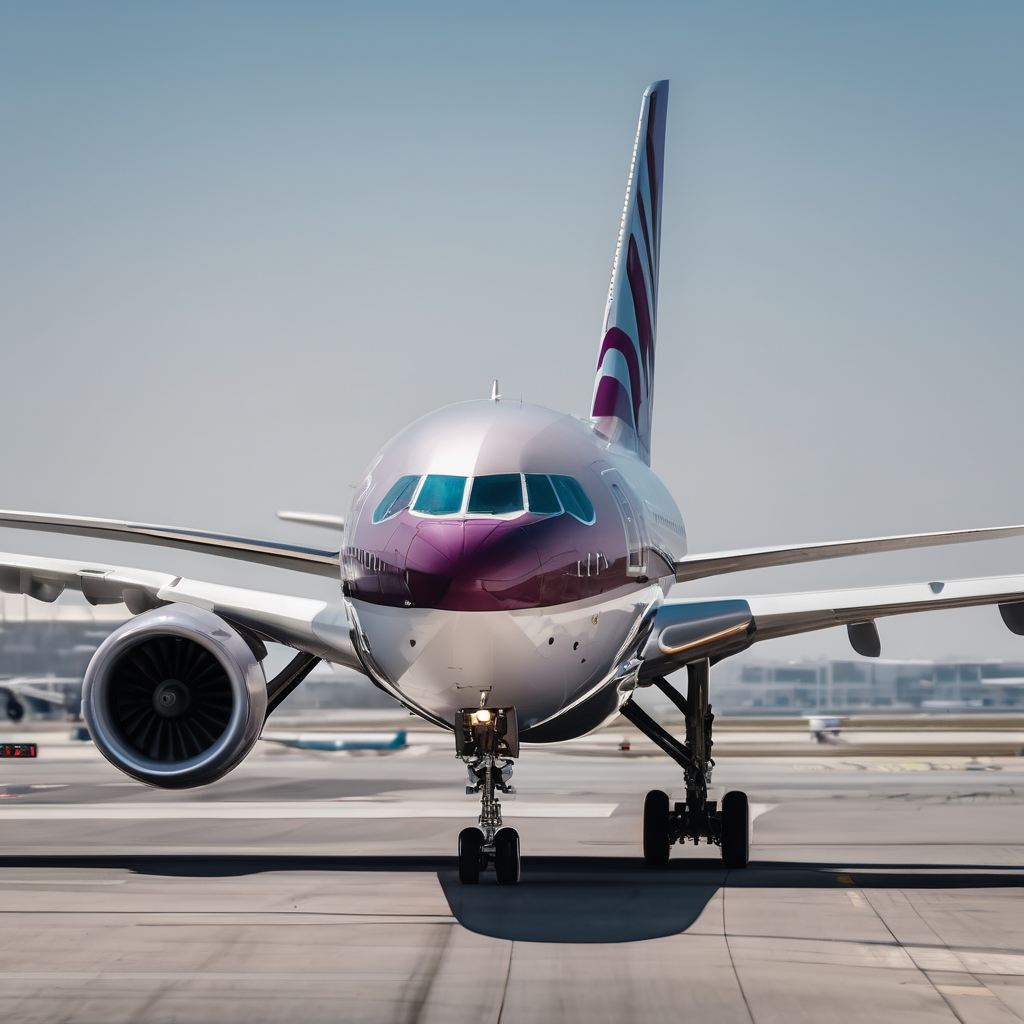State-owned Qatar Airways is set to divest its entire 9.7% stake in Cathay Pacific Airways for approximately $897 million (HK$6.97 billion), marking the airline’s exit from Hong Kong’s flagship carrier after an eight-year investment. This decision follows a recent proposal from Qatar Airways to repurchase the shares through Cathay’s buyback program at a price of HK$10.8374 per share, representing a slight discount of about 4% from the last closing price.
The Gulf carrier acquired its stake in Cathay in November 2017, becoming the third-largest shareholder behind Swire Pacific and Air China. Cathay’s shares saw a rise of 4.5% in early trading following the announcement, while stocks of Air China and Swire Pacific also experienced gains of 3% and over 1%, respectively.
As one of Asia’s largest cargo carriers, Cathay Pacific has seen growth in its cargo operations, particularly fueled by the surge in e-commerce from China. Before Qatar Airways’ investment, Cathay operated flights between Hong Kong and Qatar’s Doha hub from 2014 to 2016 until the route was discontinued for commercial reasons.
Qatar Airways’ CEO, Badr Mohammed Al-Meer, stated that this divestment aligns with a disciplined portfolio strategy, allowing the company to optimize its investments for long-term growth after a period of strong results. The airline has pursued a global investment strategy, strengthening its competitive position through minority stakes in other airlines, including British Airways’ parent company IAG, South American carrier LATAM, and Virgin Australia.
The buyback represents an approximate 35% premium over the initial price that Qatar Airways paid for its shares. Cathay indicated that it intends to finance the buyback using its internal resources and existing credit lines. Chairman Patrick Healy expressed confidence in the airline’s future, highlighting a substantial investment plan of HK$100 billion over seven years aimed at fleet modernization, product enhancements, and upgrades to passenger lounges.
Cathay Pacific faced significant challenges during the COVID-19 pandemic, leading to substantial losses as the industry grappled with prolonged travel restrictions. However, the airline is now experiencing a recovery, with Cathay and its budget subsidiary, HK Express, reporting a 20% increase in passenger numbers in September compared to the previous year.
If the buyback is approved, Swire Pacific’s ownership in Cathay will increase from 43.12% to 47.69%, while Air China’s stake will grow from 28.74% to 31.78%. Both airlines reaffirmed their ongoing partnership within the oneworld Alliance, promising to maintain collaborative operations that benefit their respective networks.
This move by Qatar Airways, along with Cathay’s strategic buyback and plans for future growth, signifies a potential turning point for both carriers, positioning them toward a more resilient and competitive future in the evolving aviation landscape.
